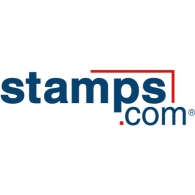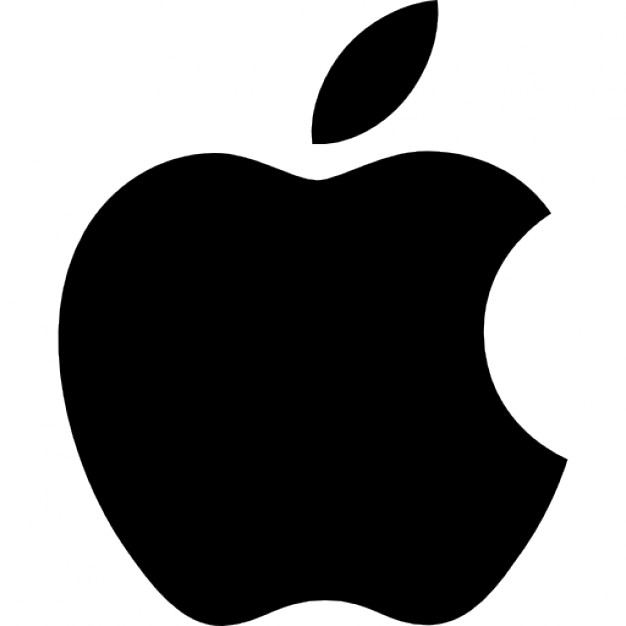How I Launched A $150K/Month Frequent Flyer Programs Tracking App
Hello! Who are you and what business did you start?
Hi, my name is Alexi I am the co-founder and the owner of AwardWallet. AwardWallet started out as a website that helps individuals track all of their loyalty accounts in one place. It works by asking users for their credentials to their loyalty accounts, once the credentials are provided it retrieves things like account balance, elite level, expiration date, historical transactions, etc. and displays this information in a simple report.
Once our users populate their AwardWallet accounts with all of their loyalty programs we pretty much take care of the rest. We notify the users when their accounts are going to expire or when the account balances change. We launched the product in 2004 and over the years we’ve added many more features to our offering.
In addition to tracking loyalty accounts, AwardWallet also tracks and manages travel plans for our users. Travel reservations can be imported from users’ email, from their loyalty accounts, and simply via confirmation numbers. Once trip segments are imported into AwardWallet we monitor trips for changes. For flight reservations, we monitor all flights for delays, cancellations, gate changes, etc.

Download the report and join our email newsletter packed with business ideas and money-making opportunities, backed by real-life case studies.

Download the report and join our email newsletter packed with business ideas and money-making opportunities, backed by real-life case studies.

Download the report and join our email newsletter packed with business ideas and money-making opportunities, backed by real-life case studies.

Download the report and join our email newsletter packed with business ideas and money-making opportunities, backed by real-life case studies.

Download the report and join our email newsletter packed with business ideas and money-making opportunities, backed by real-life case studies.

Download the report and join our email newsletter packed with business ideas and money-making opportunities, backed by real-life case studies.

Download the report and join our email newsletter packed with business ideas and money-making opportunities, backed by real-life case studies.

Download the report and join our email newsletter packed with business ideas and money-making opportunities, backed by real-life case studies.






















































